Chemistry

Educators and Parents, Sign Up for The Cheat Sheet
Weekly updates to help you use Science News Explores in the learning environment
Thank you for signing up!
There was a problem signing you up.
-
 Chemistry
ChemistryScientists look to hack photosynthesis for a ‘greener’ planet
Photosynthesis turns sunlight into energy for plants. Scientists want to know more about it, imitate it — even improve it.
-
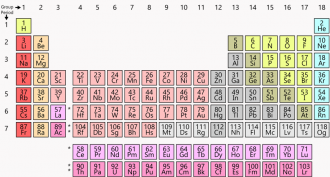 Chemistry
ChemistryChemistry’s ever-useful periodic table celebrates a big birthday
2019 is the International Year of the Periodic Table. But the traditional chart is just one of many shapes that chemists and other scientists have developed to organize the elements.
By Sarah Webb -
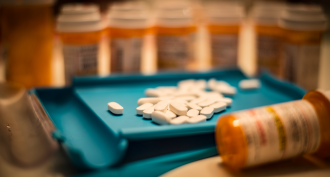 Chemistry
ChemistryLeftover opioids? Teen finds possible way to kill such pills
Mercedes Randhahn, 14, of Ogden, Utah, came up with a possible way to chemically deactivate unused opioid pills. Her research paved the way to a $2,500 prize.
By Sid Perkins -
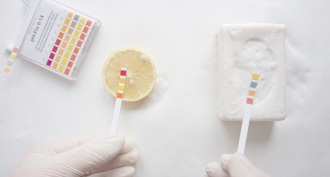 Chemistry
ChemistryExplainer: What are acids and bases?
These chemistry terms tell us if a molecule is more likely to give up a proton or pick up a new one.
By Lida Tunesi -
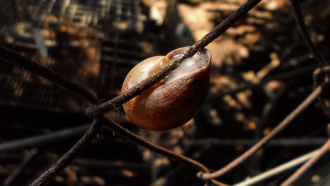 Materials Science
Materials ScienceReversible superglue mimics snail slime
Inspired by snail slime, scientists have created the first super-strong adhesive that can be easily become unstuck, when necessary.
-
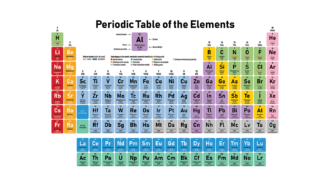 Chemistry
ChemistryScientists Say: Periodic table
The periodic table is a chart showing all the known chemical elements. An element’s location in the table reveals a lot about its chemistry.
-
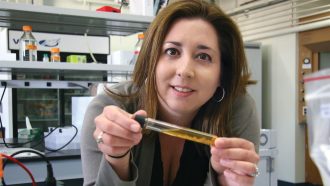 Chemistry
ChemistryCool Job: One green chemist is mining zoo dung for biological helpers
Her goal is to convert farm-field wastes into useful fuels and chemicals
-
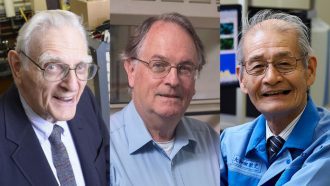 Chemistry
Chemistry2019 Nobel Prize in chemistry goes for pioneering lithium-ion batteries
Today’s lithium-ion batteries power everything from smartphones to computers. Three scientists who pioneered those batteries just got the 2019 Nobel Prize in chemistry.
By Maria Temming and Jonathan Lambert -
 Physics
PhysicsScientists find the secret to colossal bubbles
What’s the right mix of materials to blow big bubbles that stretch without popping? Physicists have turned up the solution.
-
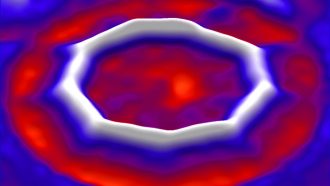 Chemistry
ChemistryChemists have created a ring-shaped form of carbon
A ring-shaped carbon molecule takes its place among buckyballs, carbon nanotubes and other odd forms of the element.
-
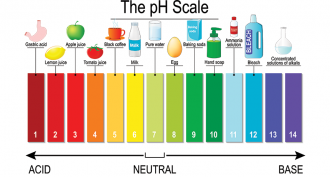 Chemistry
ChemistryScientists Say: pH
pH is a scale used to measure the acidity or alkalinity of a solution. The scale ranges from zero to 14, with seven as the perfect neutral middle.
-
 Chemistry
ChemistryExplainer: The bacteria behind your B.O.
Special glands in our armpits give us our signature stink. But it’s not our sweat that’s to blame. It’s the bacteria that gobble it up.